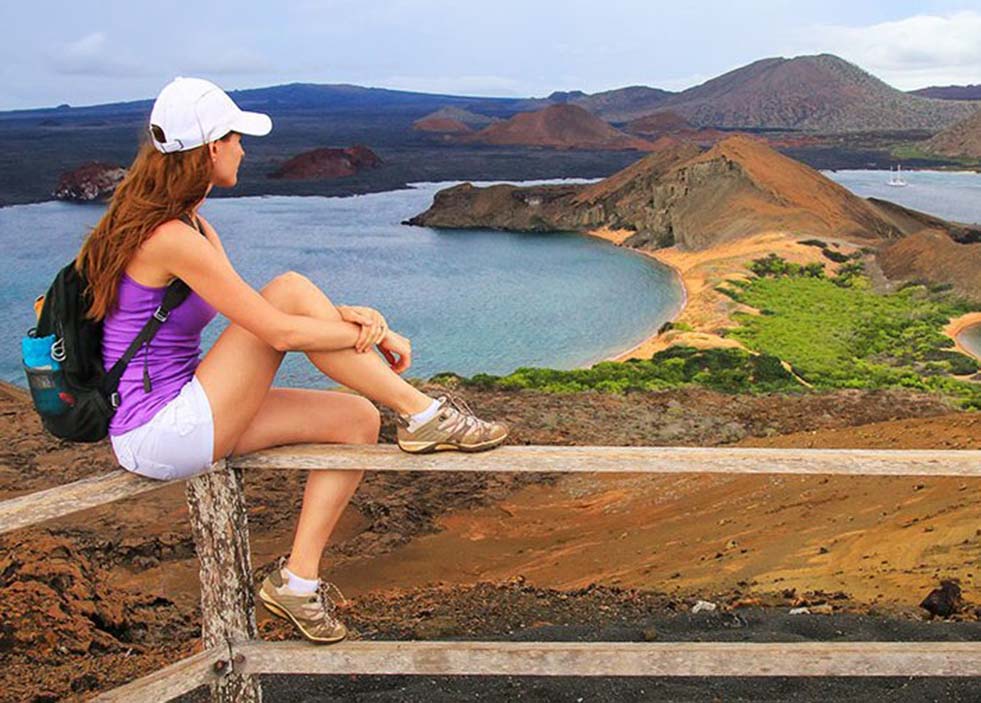I guess most people have heard of Indonesia and maybe Polynesia, but what about Macaronesia and, indeed, Micronesia? How about visiting Macaronesia one day? No, this is not a new name for France invented by the current ambitious President Macron, but a cluster of four archipelagos in the North Atlantic Ocean, just off the continents of Africa and Europe, which are formed by raised and exposed peaks of the ocean floor that peer out above the ocean’s surface.
The Canary Islands are part of Macaronesia, which also includes Cape Verde, Madeira and the Azores. Interestingly, the islands belong to three different countries: Spain, Portugal and Cape Verde, which are all part of the continent of Africa. The Azores are an exception, since they are part of the European continent.
Although I vaguely remember the term ‘Macaronesia’ being used during geography lessons when I was a pupil, I have rarely heard the term used in recent years. It came to light once again this week after Cape Verde announced that it was aiming for a free trade zone with other Atlantic islands to allow for the free movement of people, as well as goods and services.
Despite the term ‘free trade area’ now being seen as ‘dirty words’ in the UK during the current UK-EU Brexit negotiations, it is good to hear that the establishment of free trade areas by others is regarded as a very sensible way forward for nations to trade and work together in a coherent and civilised manner.
Cape Verde is a group of ten windswept islands off the coast of West Africa. It is a volcanic archipelago that was a Portuguese colony until 1975, and with which it still has close links. The islands have stronger economic growth that most of the sub-Saharan countries in Africa.
The International Monetary Fund recorded Cape Verde’s growth in 2017 at 4 per cent, which is forecast to improve even further to around 7 per cent. The islands are hoping to enhance tourism and economic growth with such a deal and re-engaging with other islands in what is known as Macaronesia. Cape Verde is hoping to create a legal framework for its people and goods to travel freely for the benefit of all.
The Cape Verde islands, which have a population of around 500,000, and with a large expat population, have already passed legislation to remove visa requirements for Europeans and hope that the European Union will reciprocate. Laws have been changed to make it easier for foreign investors to invest, and recent legislation allows foreign exchange accounts to fund transfers without restrictions.
Cape Verde’s currency is linked to the euro, which also facilities business activities. Cape Verde has aspirations to develop the islands as a hub for air travel, since it is ideally located between the Americas, Europe and Africa. It also sees itself as offering great potential as a digital hub for Africa.
Since I mentioned Micronesia at the beginning of this article, I should explain that this group of small islands is in the Pacific Ocean, but that is a story for another time. I think I am going to add Macaronesia to my postal address in future, after several incidents of my post being sent to the Cayman Islands, instead of the Canary Islands. It might help Correos to deliver my post rather more accurately in future.
If you enjoyed this article, take a look at my websites: http://barriemahoney.com and http://thecanaryislander.com or read my latest book, ‘Living in Spain and the Canary Islands’ (ISBN: 9780995602724). Available in paperback, as well as Kindle editions.
Join me on Facebook: @barrie.mahoney
© Barrie Mahoney





